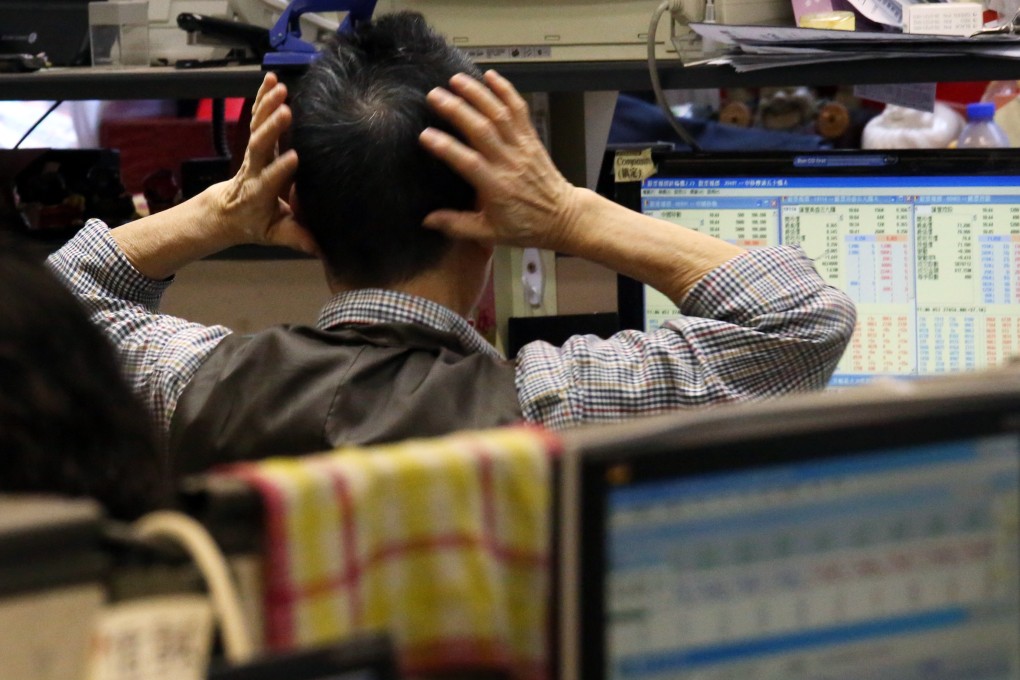New | HKEx to put in system to fight algo and high-frequency trading in Hong Kong

The stock exchange will prevent individual equities from moving more than 10 per cent within a five-minute period from as early as next year to check the activities of high-frequency traders, who have wreaked havoc in other financial markets, Hong Kong Exchanges and Clearing chief executive Charles Li Xiaojia said on Thursday.
The volatility control mechanism it plans to implement is aimed at protecting investors from the sharp gyrations caused by algorithmic and high-frequency trading, which has whipsawed other financial markets and caused billions of dollars in losses.
HKEx, which operates the city's stock exchange, released a consultation paper in January to seek market participants' views about the model. Li said after attending a forum in Hong Kong on Thursday that a consensus had been reached and the results would be published by the end of this month.
On March 9, 2009, the share price of HSBC dropped 11 per cent within a few seconds and that became a trigger to push HKEx to study a new pricing model to restore investor confidence.
In its consultation paper, HKEx proposed that if a trader sent an execution trade order at a price 10 per cent up or down from a stock price, the order would be rejected and a five-minute cooling period would begin.
"Although the Hong Kong market has not had any major trading incident of a 'flash crash' nature up to now, the risk of future mishaps cannot be ruled out," it said in the consultation paper.